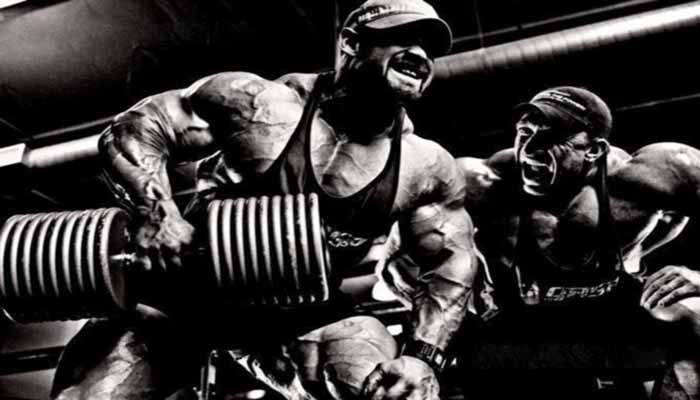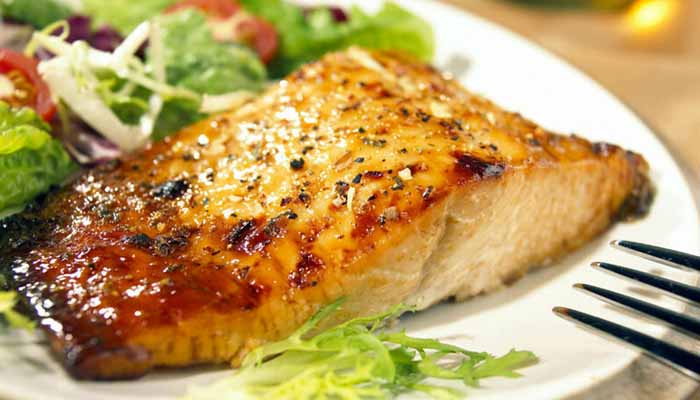Are you stuck in your training?

The years go by and you realize that your muscles are suddenly not growing like they used to. Your muscles stop responding to your heavy training, no matter how hard you’ve been training intensely. From what you tell yourself, now I will train harder. So now you put in a three hour session but you are foolishly not realizing that that will only reduce the size of your muscles.
Ahhhhh, the stagnation ! It affects all of us and very few of us can be saved from it. In fact, most people don’t know that they are stuck and blame genetics for not growing. Don’t worry, if you read the following tips, I can assure you that your muscles will grow again and make them bigger.

1. Change the repeating ranges.
Surely every day you do 5-9 sets of 8 to 12 repetitions … There is nothing wrong with that range, it is also ideal for hypertrophy or muscle building. But total physical development also requires strength, which occurs in ranges below 1-5 reps and muscular endurance, which is performed with high reps of 20-30.
Give your body a break. Move to a new rep range for a few weeks. If you are stuck, you must change your workouts to keep growing. It will be a new change of pace for your muscles and force them to respond again.
For example : 3 weeks you do strength, then you spend 2 weeks in muscular endurance and you go back to the original rep range and you will observe the change. You will be surprised.
If you are an experienced bodybuilder, you may need more intensity to get your muscles’ attention.
The idea of drop sets is to do a set of strings on failure or near failure, but the work doesn’t end here. When you hit failure with a high weight, immediately grab a light weight and do as many sets as you can until failure. Drop sets will help you reduce your gym time, a higher percentage of muscle fibers will be stimulated and you will get better results.
3. Take an inventory of your diet.
When was the last time you did a diet check ? If it’s been more than a month, do it right now. Your diet dictates results. If you don’t eat well, it will be difficult to make progress. “ When you climb a mountain, it constantly changes its terrain; change with it or stay where you are ”.
For example , if you’re in bulk, it might be time to give yourself a calorie boost – enough to give a new spark to muscle growth. Perform a reassessment every 6 to 8 weeks to maximize progress and avoid stalling.
Also remember that every kilo you gain you have to modify your diet. You are not going to consume the same when you were at 90 kilos as now that you are at 95, for example.
4. Rest
In some cases, resting for about 2 weeks from your training is the best way to improve results. You may not even know that you are overtrained if you never take time off. After the break, you will be bigger and stronger.
Consistency in training is important, but training too hard every day in the gym can lead to fatigue, even boredom. In the end, the results slow down or stop altogether.
5. Periodization
What does this mean? Professional athletes train for seasons using periodization. The periods are generally built parts or phases of 4-6. Each phase has its own or unique goal or objective. When it comes to bodybuilding this can be an amazing concept when you really plan well.
Basically periodization is doing a different type of training / diet style every 4-5 months, for example:
- January-March: Strength (The goal is to gain as much strength as possible)
- April-June: Muscle Volume (The goal is to gain muscle mass without worrying about the fat that can be obtained)
- July-December: Muscle Definition (The goal is to lose all the fat that you have gained in the Strength / Volume phase but trying not to lose the muscle already gained ) In this phase, the diet has to be perfect and not abuse cardiovascular exercise.

